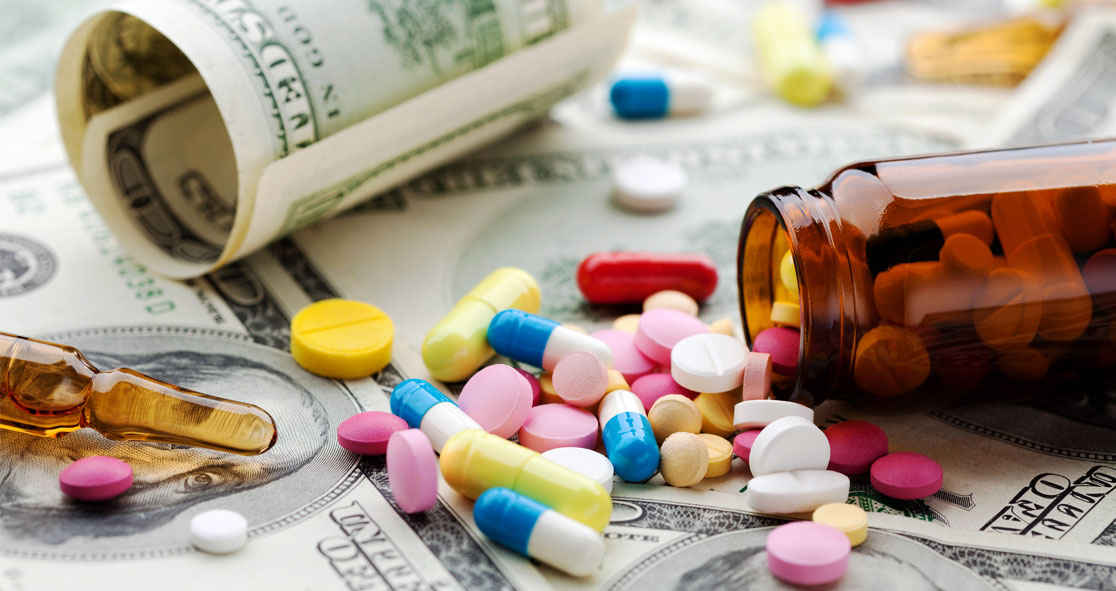Last week, the U.S. Department of Health and Human Services (HHS) issued its plan to address high prescription drug prices as part of the Biden administration’s plan to fix high drug prices in the nation.
The HHS produced the report, called Comprehensive Plan for Addressing High Drug Prices, and submitted it to the White House Competition Council on Thursday. The council then held its first meeting on Friday.
The detailed report has noted the harm being done by rapidly increasing prices in the $370 billion drug marketplace, where prescription drugs cost almost twice as much as it does in other nations.
The reports said, “Americans pay too much for prescription drugs. We pay the highest prices in the world, which leads to higher spending. Higher spending puts pressure on private and government payers to raise premiums or make benefits less generous.”
“Lack of affordable access to prescription drugs and other health care services leads to worse health outcomes,” it added.
The report has also proposed methods to promote the production and development of generic and biosimilar drugs.
Furthermore, the report proposed to bring down prices through direct negotiations between federal government programs such as Medicare and the companies that make them.
However, the report has been lighter on proposals of pharmacy benefit managers (PBM) – the intermediaries who handle the transactions.
The three major PBMs – Express Scripts, CVS Health, and OptumRx of UnitedHealth Group – dominate the marketplace. They play a huge role in managing insurance and pharmacy.
Last month, James Gelfand, Senior Vice President of ERIC, said, “We’ve been working for years to create clarity in the supply chain.”
“You’ve got the drugmaker, who gives us a number for what the drug costs. But by the time it gets to us, nobody can explain where this number came from or why it is that number,” he added. “So we’ve been trying to do our best to peel away the onion and get a better understanding.”
ERIC is a group of major employers that provides insurance to 10 million people.
The HHS report also acknowledged the importance of PBMs in drug pricing. It said, “They also pay PBMs rebates to cover their drugs, with no guarantee that the savings will be passed on to patients.”
“PBMs use their market power to collect fees from independent pharmacies,” the report added. “The three PBMs that manage 77% of prescription claims have consolidated with major health insurance companies, and one of them is also the largest pharmacy/mail-order chain.”
“Firms in the pharmaceutical supply chain currently have limited or no incentives to reduce drug costs and challenge anti-competitive actions,” it added. The article appeared on The Progressive Pulse.























